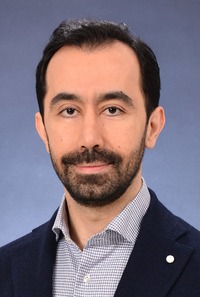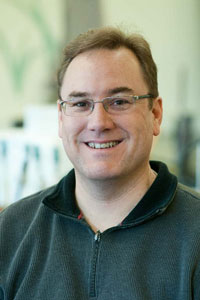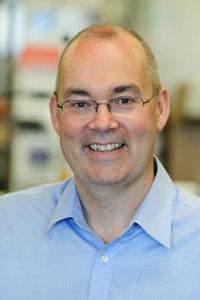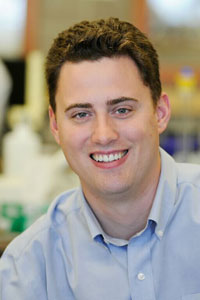Group Web Site: The Hydromet Group
General Group Overview
The Hydrometallurgy Group at the department of Materials Engineering focuses on hydrometallurgy-related materials issues. We are especially interested in developing novel hydrometallurgy processes and applications.
Graduate Studies
Hydrometallurgy is a multidisciplinary field. Great opportunities are open to enthusiastic students with education background in Physics, Chemistry, Materials and other engineering fields. Graduate students can register for either a Ph.D. or an M.A.Sc. degree in the Departments of Materials Engineering.
Undergraduate Studies
Undergraduate students may choose the Hydrometallurgy option and learn hydrometallurgy through our lecture courses, and the design projects. Students may also apply for Co-op students or research assistants in above hydrometallurgy projects.
History
The University of British Columbia and the department of Materials Engineering have a rich history in the field of Hydrometallurgy. The work of Frank Forward (our department head from 1945-1954) and other collaborators, led to the development of the Sherritt process for the hydrometallurgical recovery of nickel and cobalt from sulphide concentrates. Further work by Forward and Veltman also in the late 1950s led to the industry standard zinc pressure leach process.
Research Areas
Today the department undertakes fundamental and applied research in all areas related to hydrometallurgy. Some areas of research include:
- Atmospheric and pressure leaching including heap and bio-leaching
- Electrometallurgy including electrowinning and electrorefining
- Corrosion and electrochemistry
Recent hydrometallurgical process developments include the Anglo American/UBC, the GalvanoxTM and the Jetti processes for copper leaching. The PLATSOL (base and precious metal extraction) and Sepon processes (secondary copper sulphides) were also developed in collaboration with UBC.
Faculty

Research Interests

Research Interests


